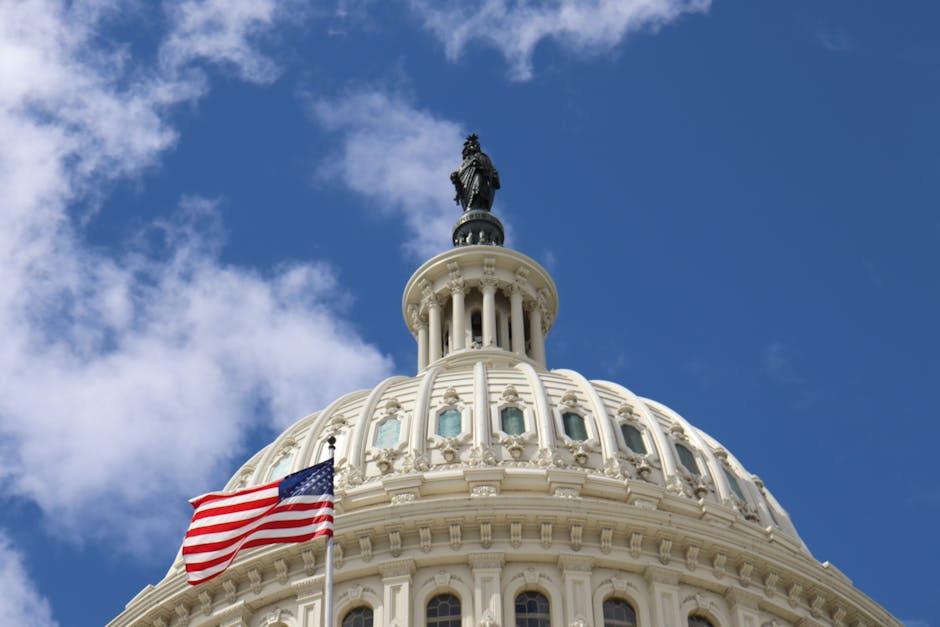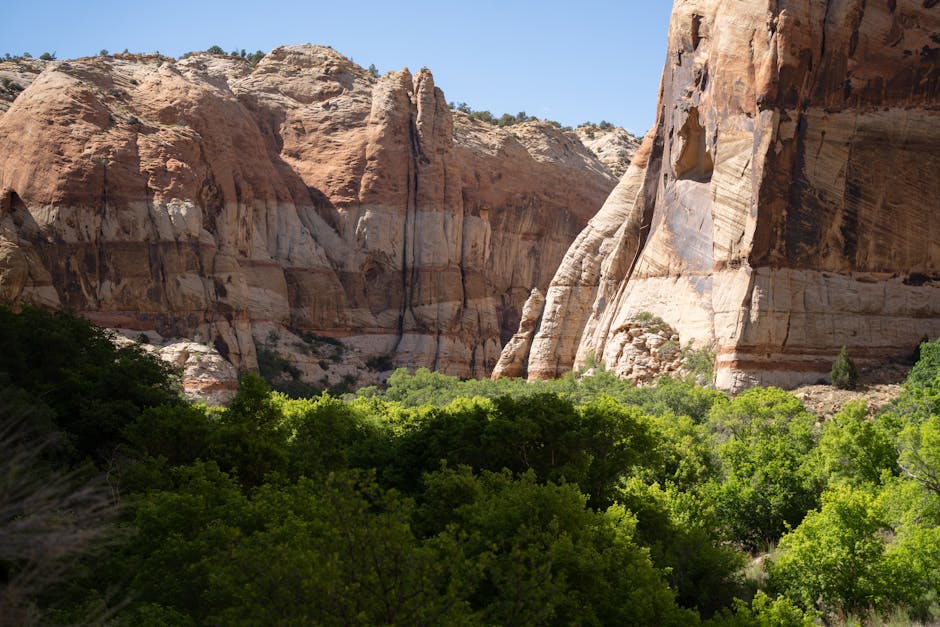Safety Tips for Travelers to the USA

Traveling to the USA offers a wealth of experiences, from vibrant cities to stunning natural landscapes. However, ensuring your safety during your travels is paramount. Understanding local customs, staying vigilant, and being prepared for emergencies can significantly enhance your travel experience. This guide provides essential safety tips to help you navigate
Understanding Local Laws and Customs
Familiarizing yourself with local laws and customs is crucial when traveling to the USA. Each state has its own set of regulations that can vary significantly. For example, traffic laws differ widely from state to state. In some states, you may encounter toll roads that require exact change or electronic passes.
Alcohol consumption laws also vary; the legal drinking age is 21 nationwide, but regulations around purchasing and consuming alcohol in public can differ. Researching these laws beforehand can help avoid legal issues.
Moreover, understanding social norms can prevent misunderstandings. Americans value personal space, and it's considered polite to maintain a reasonable distance when conversing with others. Additionally, tipping is customary in many service industries, typically around 15-20% of the total bill.
Staying Safe in Urban Areas
Urban areas in the USA can be bustling and exciting but also pose certain risks. Staying aware of your surroundings is vital, especially in crowded places like public transportation hubs and tourist attractions.
Avoid displaying valuable items such as expensive jewelry or large amounts of cash. Pickpockets are known to operate in busy areas, so keeping your belongings secure is essential. Use a money belt or a crossbody bag that zips closed for added security.
At night, stick to well-lit areas and avoid walking alone in unfamiliar neighborhoods. It's wise to research the safest routes and neighborhoods before venturing out. Many cities have dedicated tourist police who can provide assistance if needed.
- Keep emergency numbers handy: 911 for emergencies.
- Use ride-sharing apps like Uber or Lyft for safer transportation options.
- Be cautious when using ATMs; choose machines in well-lit and populated areas.
Health Precautions and Medical Assistance
Your health should be a top priority while traveling. Ensure you have travel insurance that covers medical expenses in case of emergencies. The healthcare system in the USA is complex and can be expensive without insurance.
If you have any chronic conditions or require regular medication, carry an ample supply along with a copy of your prescriptions. It's also advisable to know the location of the nearest hospital or urgent care center.
The Centers for Disease Control and Prevention (CDC) recommends staying updated on vaccinations before traveling to the USA. Additionally, understanding common health risks such as heatstroke during summer months or flu season precautions can help maintain your well-being.
| Emergency Contact | Number |
|---|---|
| Police/Fire/Ambulance | 911 |
| Non-Emergency Medical Assistance | 311 or local equivalent |
| Travel Insurance Assistance | Check your provider's contact number |
Navigating Natural Disasters and Weather Conditions
The USA experiences a variety of weather conditions and natural disasters depending on the region and time of year. Hurricanes are common along the Gulf Coast and Atlantic seaboard from June through November, while tornadoes frequently occur in the Midwest's "Tornado Alley."
To stay informed about weather conditions, download weather apps such as The Weather Channel or AccuWeather. These apps provide real-time updates and alerts that can help you plan your activities safely.
If you're visiting areas prone to wildfires or earthquakes, familiarize yourself with evacuation routes and safety procedures. Local authorities often provide guidelines on how to prepare for these events, which can be invaluable during an emergency.
Maintaining Cybersecurity While Traveling
Cybersecurity is another critical aspect of travel safety in today's digital age. Public Wi-Fi networks are convenient but can expose you to cyber threats such as hacking or identity theft.
To protect your information, use a virtual private network (VPN) when connecting to public Wi-Fi. A VPN encrypts your data, making it more challenging for hackers to access sensitive information.
- Avoid accessing sensitive accounts such as online banking over public Wi-Fi.
- Regularly update your devices' security settings and software.
- Use strong, unique passwords for all online accounts.
If possible, enable two-factor authentication for added security on important accounts. This extra layer of protection requires a second form of verification beyond just a password, making it harder for unauthorized users to gain access.
Ensuring your safety while traveling in the USA involves being informed and prepared. Understanding local laws, staying vigilant in urban areas, taking health precautions, preparing for natural disasters, and maintaining cybersecurity are all vital steps to ensure a smooth and enjoyable trip. By following these tips and being proactive about your safety, you can focus on enjoying all that this diverse country has to offer.
References: cdc.gov weather.com accuweather.com
